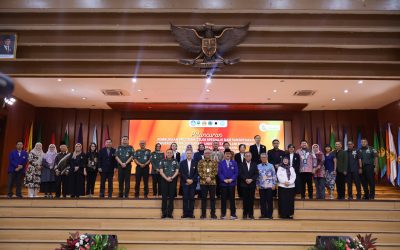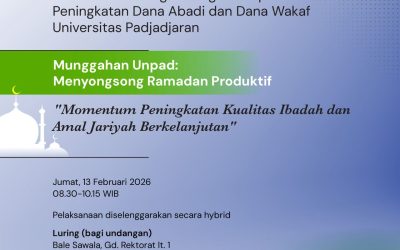Indonesia faces two intertwined health battles: childhood stunting and the rising prevalence of asthma. Dr. Agnes Rengga Indrati from Universitas Padjadjaran uncovered a troubling connection—the risk of asthma is significantly higher among stunted children.
Her research, involving a community-based study, revealed that poor growth in early childhood weakens not just physical stature but also lung development and immune defenses. This dual burden leaves children vulnerable to chronic respiratory disease, compounding inequalities in health and education.
“These children already face disadvantages. Knowing they are also at greater risk of asthma should push us to act faster,” Dr. Indrati emphasized. Preventing stunting through better nutrition, maternal care, and early interventions could also mean reducing the future burden of asthma.
The findings make prevention an urgent priority. Parents can take action by ensuring balanced diets, routine child growth monitoring, and seeking early treatment for breathing difficulties. Public health systems must integrate asthma screening into child nutrition programs, particularly in vulnerable communities.
This research supports SDG 3: Good Health and SDG 2: Zero Hunger, highlighting the need to address malnutrition not only as a growth issue but also as a respiratory health risk. Unpad’s contribution reveals how tackling one problem can simultaneously reduce another, advancing smarter, integrated health solutions for Indonesia and beyond.





0 Comments